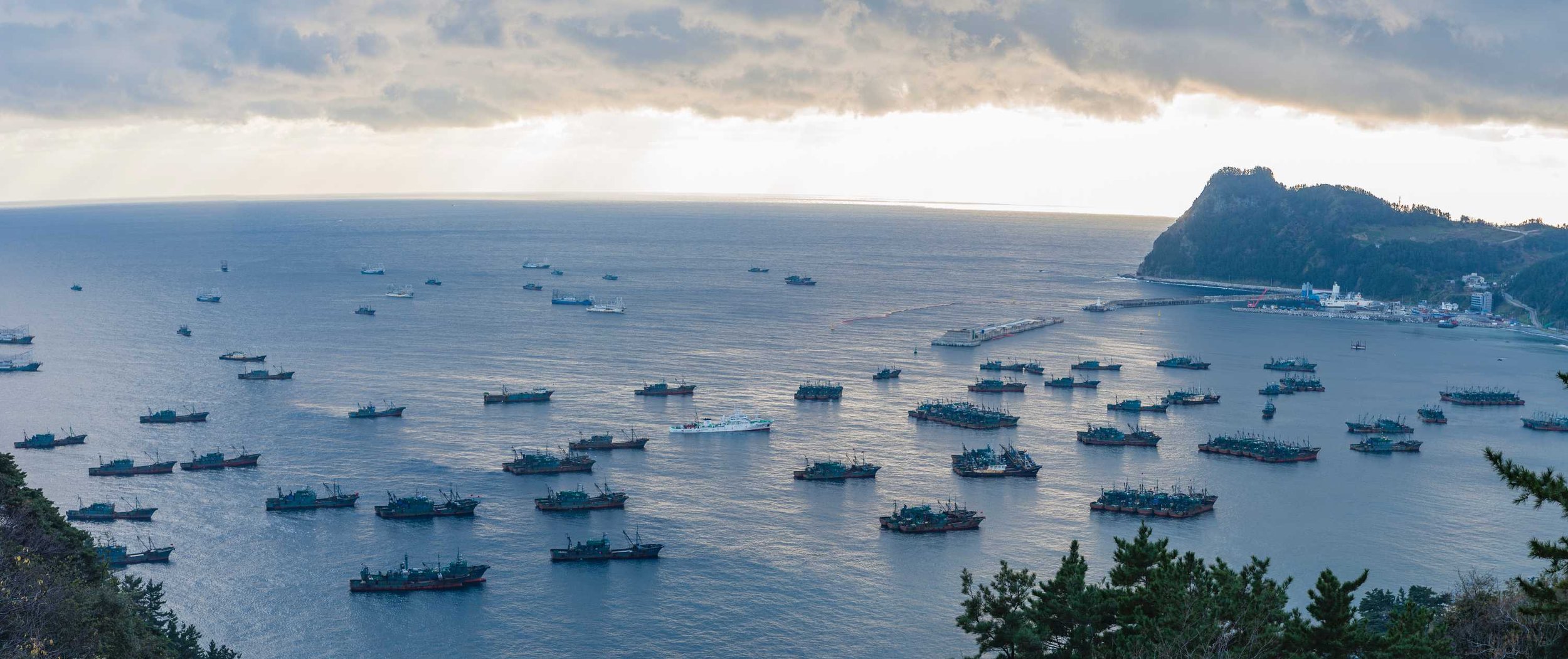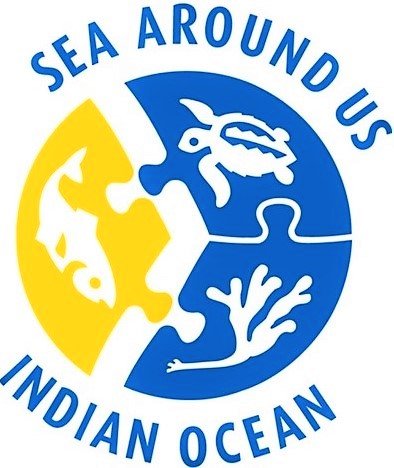
What We Do
The Sea Around Us - Indian Ocean is a partner to the Sea Around Us, a research initiative with the aim to investigate and document the impact of fishing on the marine ecosystems of the world, and to offer mitigating policy solutions to stakeholders. Our research has major media impacts on how we view global marine fisheries and the ocean ecosystems in which they are embedded.
Why Sea Around Us - Indian Ocean?
Much of the focus in global fisheries research and ocean conservation has in the past been on the Atlantic and Pacific Oceans, while the Indian Ocean has traditionally been under-studied. While the Indian Ocean industrial tuna fisheries receive attention by many countries, these fisheries embody considerable equity issues, as they are largely conducted by distant-water fleets with beneficial ownership residing mostly outside the Indian Ocean region. In contrast, the domestic and coastal fisheries of Indian Ocean countries, which are crucial contributors to food and nutritional security and provide livelihoods for millions of people, are usually under-represented in the international science and policy debate around fisheries and marine conservation.
Fisheries in Indian Ocean countries, especially in artisanal and subsistence sectors, are often under-represented in international fisheries science.
A fish market in Mumbai, India.
In 2017, through visionary leadership by the University of Western Australia (UWA), Dirk Zeller was appointed Professor of Marine Conservation in the UWA School of Biological Sciences, where he leads the Sea Around Us – Indian Ocean. Dirk Zeller had been with the global Sea Around Us at the University of British Columbia since its start in 1999, and had previously been its Senior Scientist and Executive Director. The Sea Around Us – Indian Ocean harnesses the research efforts and expertise in Australia and the wider Indo-Pacific rim to scale-up knowledge and expertise to the Indo-Pacific basin-scale and globally. We will continue our regional and global collaborations, and deepen and expand existing and new linkages throughout the Indo-Pacific rim, and foster further linkages between the University of Western Australia and the University of British Columbia.
We maintain an extensive database tool on fisheries and related time series data starting in 1950, as well as data driven indicators, and other fisheries-related information on every maritime country in the world. The information and data presented on the Sea Around Us websites are freely available to any user, granted that its source is acknowledged (see Citation Policy and Terms & Conditions). We are aware that this information and data may be incomplete. Please let us know if you can contribute to improvements via the feedback options available on our websites.
Explore our database tool:


